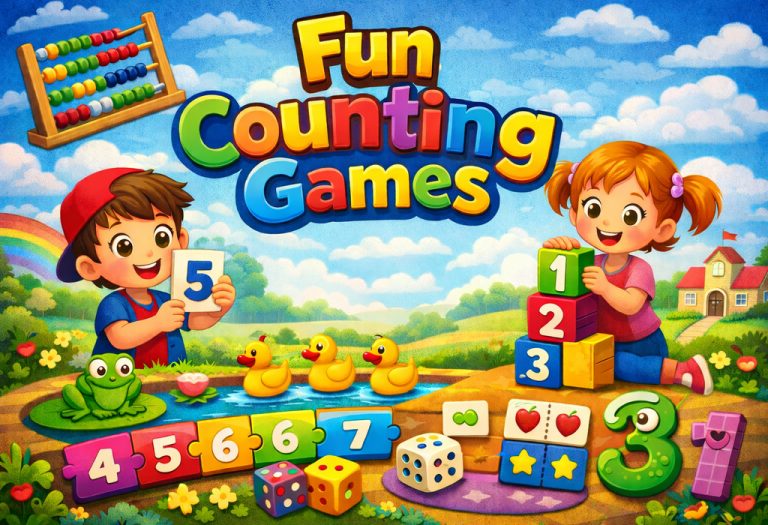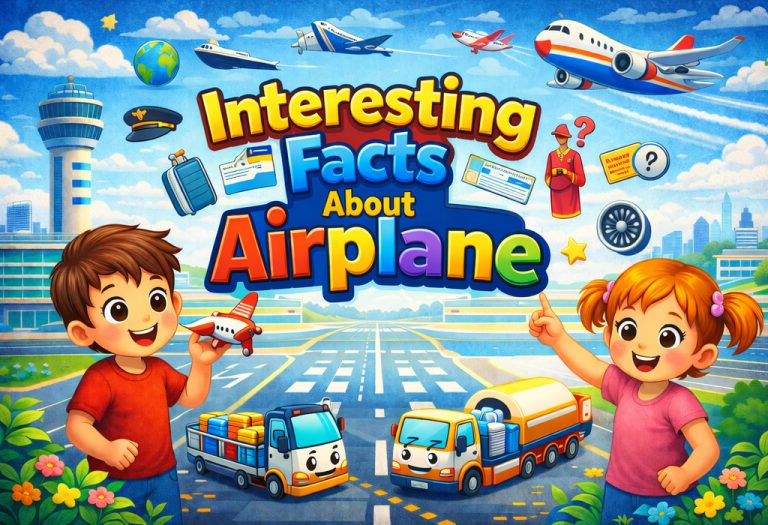Homeschool Vs Public School – What’s the Best Choice?
Choosing how and where your child receives their education is one of the biggest decisions a parent can make. Every child learns differently, and what works for one family may not suit another. In recent years, more parents are considering different education options outside the traditional system. If you’re weighing homeschool vs public school for the first time, it’s important to understand the benefits and drawbacks of each.
Homeschooling allows families to provide tailor-made education to their child’s needs, while public schooling provides structured learning with social exposure. The choice isn’t always easy. But with the right information, you can make a decision that supports both your child’s growth and your family’s values. We’ll also look at the key pros and cons of homeschooling vs public schools.
What Is Homeschool?
Homeschool is a way of learning where children are taught at home instead of going to a traditional school. Parents or guardians take charge of their child’s education and decide what subjects to teach and how to teach them.
In homeschooling, learning is flexible. Families can follow a set curriculum or create their own plans. Some use online lessons, while others prefer books or hands-on activities. It can be as structured or relaxed as the family wants.
One big reason families choose to homeschool is the freedom it offers. Kids can learn at their unique pace and focus on things they are interested in. If a child needs more time with reading or math, they can take it. If they love science or art, they can explore it more.
Homeschool also lets families spend more time together. It can include life skills like cooking, gardening, or managing money. For many, it feels more personal and less stressful than a traditional school.
What Is a Public School?
A public school is a school run by the government where children go to learn with other students. It follows a set curriculum, and classes are taught by trained teachers. Most kids in the country go to public schools.
Public schools have fixed schedules. Students attend classes from morning to afternoon, five days a week. They learn subjects like math, science, reading, and social studies. There are also sports, music, and art programs.
One of the main benefits of public school is social interaction. Kids get to meet and work with others their age. They learn how to share, solve problems, and build friendships.
Public schools also offer many resources like libraries, sports teams, and after-school activities. These help students explore their interests and grow in different ways.
Public schools are free and supported by taxes, so parents do not have to pay tuition or buy most learning materials.
Advantages and Disadvantages of Homeschool
Homeschooling can be a great option for some families, but it also comes with challenges. It depends on your lifestyle and what works best for your child. Let us look at the main pros and cons.
Advantages
Homeschooling gives families more control over how and what their children learn. It allows a flexible routine and a more personal approach to education.
1. Learning at Your Own Speed
Children can move faster or slower depending on how well they understand a topic. There is no pressure to keep up with a class.
2. Custom Lessons
Parents can focus on subjects their children enjoy or need more help with. Lessons can be designed to match the child’s learning style.
3. Flexible Daily Schedule
You can plan school around your day. There is more time for breaks, hobbies, or travel.
4. Strong Family Connection
Spending more time together can build better bonds between parents and children.
5. Safe Learning Space
Some families homeschool to avoid bullying, peer pressure, or stressful environments.
6. Fewer Distractions
Learning at home often means fewer interruptions and less noise.
7. Teaching Life Skills
Parents can add real-life lessons like cooking, budgeting, or gardening to daily learning.
8. Focus on Values
Families can include their personal or religious values in education if they choose.
Disadvantages
While homeschooling has many benefits, it may not be the best fit for everyone. It takes time, effort, and sometimes money to manage well.
1. Time Commitment
Parents need to plan, teach, and guide every day. It can feel like a full-time job.
2. Limited Social Time
Children may not make as many friends unless they join groups or activities outside the home.
3. Fewer School Resources
There may not be access to things like science labs, sports fields, or music rooms.
4. Cost of Materials
Families may need to buy books, programs, or tools, which can add up.
5. No Formal Training
Most parents are not trained teachers and may struggle with tough subjects like math or science.
6. Less Free Time for Parents
It can be hard for parents to balance teaching with work or other tasks.
7. Legal Rules
Each state has different laws about homeschooling, and parents must follow them carefully.
8. Pressure to Succeed
Some parents feel stressed about making sure their child does not fall behind.
Advantages and Disadvantages of Public Schools
Public school is the most common choice for families. It offers structured teachers and a chance for kids to socialise daily. But, like any system, it has both benefits and downsides to consider.
Advantages
Public schools are designed to provide equal education to all children. They are free to attend and offer many programs and services.
1. Qualified Teachers
Public schools hire trained and certified teachers who follow a set curriculum and teaching methods.
2. Social Development
Children meet many peers, which helps build social skills, teamwork, and friendships.
3. Extracurricular Activities
Public schools offer sports clubs, music, art, and other activities that help students explore their talents and interests.
4. Access to Facilities
Students have access to libraries, gyms, science labs, and computer rooms, which support learning.
5. Special Support Programs
Public schools often offer help for students with disabilities, learning challenges, or language needs.
Disadvantages
Even though public schools have many strengths, they may not work for every child. Some families feel their child needs more support or a different learning pace.
1. Large Class Sizes
Teachers may not have time to give each student personal attention, especially in crowded classrooms.
2. One Way of Learning
Some children struggle with the set pace or fixed way of teaching in public school systems.
3. Social Pressure
Bullying, peer pressure, and stress from grades can affect a child’s mental health and confidence.
4. Less Flexibility
Families must follow school calendars and rules with little room for changes or personal schedules.
5. Is Homeschooling Better Than Public School
This question depends on your child’s needs and your family’s situation. Homeschooling offers freedom, but public school gives structure and social growth. There is no one answer that fits all.
Homeschooling Versus Public Schooling
When choosing how your child learns best, it helps to compare the key differences. Homeschooling vs public schooling offers different benefits depending on what your family values most. The chart below makes it easier to see how they match up.
| Criteria/Standard | Homeschool | Public School |
| Learning Style | Custom to the child’s pace and interests | Same for all students based on the state curriculum |
| Schedule Flexibility | Very flexible and adjustable | Fixed daily and yearly schedule |
| Cost | Cost of books and materials paid by the family | Free education funded by taxes |
| Social Interaction | Limited unless arranged by parents | Daily contact with peers in and out of class |
| Teacher Role | Parents or private tutors | Certified and trained teachers |
| Access to Resources | Depends on family effort and tools | Full access to school labs, libraries, and programs |
| Environment | Home-based and usually calm | A busy classroom with multiple students |
| Testing and Grades | Chosen by family or optional | Regular testing and grading system |
| Time Commitment | High for parents who plan and teach | Lower for parents who drop off and pick up |
| Regulations | Varies by state and may need reporting | Governed by school district and state rules |
| Is Homeschooling Better Than Public School | Depends on the child’s needs and the family’s lifestyle | Also depends on the support and fit for each child |
| Homeschooling vs Public School | Personal choice based on goals and values | Widely accepted and commonly chosen |
FAQs
1. What is the main difference between a homeschool and a public school?
The main difference is where and how learning happens. In homeschooling, the child learns at home with a parent or tutor guiding the lessons. In public school, the child learns in a classroom with other students and a certified teacher. Each method offers unique benefits and fits different lifestyles.
2. What are the pros and cons of homeschooling vs public schools?
The pros of homeschooling include a flexible schedule, custom learning, and one-on-one attention. The cons include less social time and more pressure on parents.
The pros of public schools include trained teachers, social growth, and school resources. The cons are less flexibility and larger class sizes.
3. What do homeschooling vs public education statistics show?
Recent studies show that both homeschooled and public school students can succeed. Some homeschooling vs public education statistics show homeschooled students often score higher on tests. However, social and activity involvement tends to be higher in public schools. Results depend on the child’s needs and the quality of teaching at home or school.
4. Can homeschooled kids go to college?
Yes, most colleges accept homeschooled students. Families may need to provide transcripts, portfolios, or test scores. In many cases, colleges value the independent learning and responsibility shown by homeschoolers.
Choosing between homeschooling and public school is a big decision. Each option has its own strengths and challenges. Homeschooling gives families freedom and personal learning. Public schools offer structure and social experiences. What works for one child may not work for another. Think about your child’s needs and your family’s routine. Take time to explore both paths and what they offer. There is no perfect answer; you can choose the one that fits you best. In the end, your support matters more than the setting.
Also Read:
Guide to Unscholling
Homeschooling or No-schooling
Creative Homeschool Organization Ideas
Government School Vs Private School
Was This Article Helpful?
Parenting is a huge responsibility, for you as a caregiver, but also for us as a parenting content platform. We understand that and take our responsibility of creating credible content seriously. FirstCry Parenting articles are written and published only after extensive research using factually sound references to deliver quality content that is accurate, validated by experts, and completely reliable. To understand how we go about creating content that is credible, read our editorial policy here.





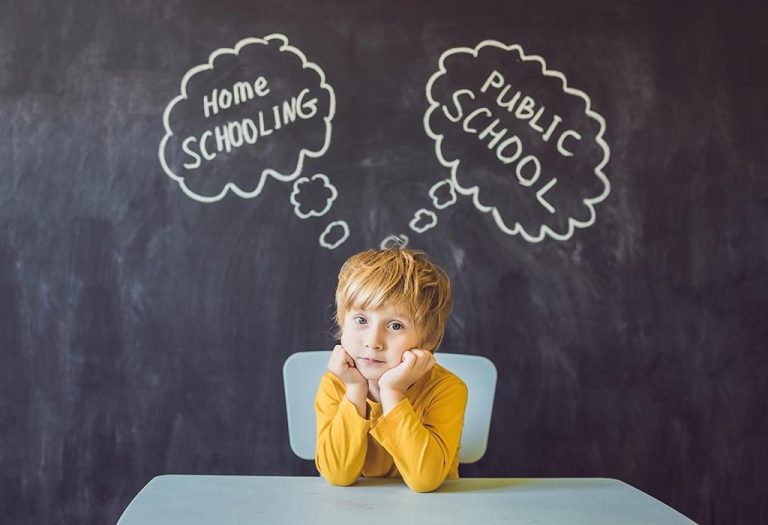




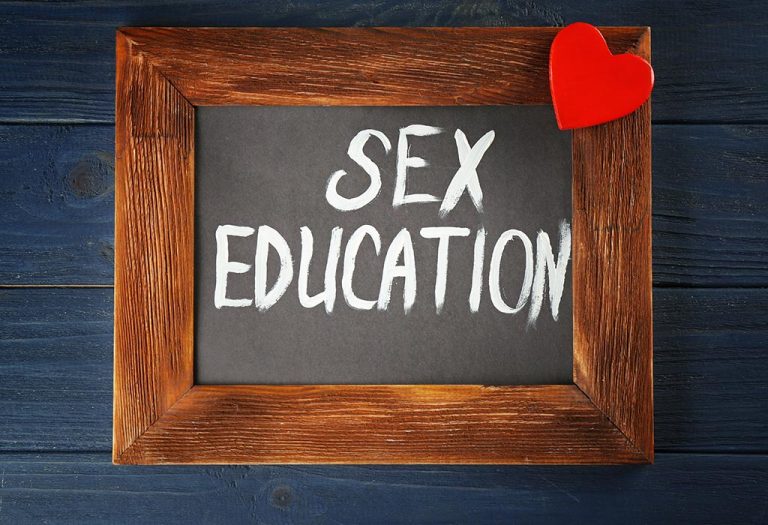
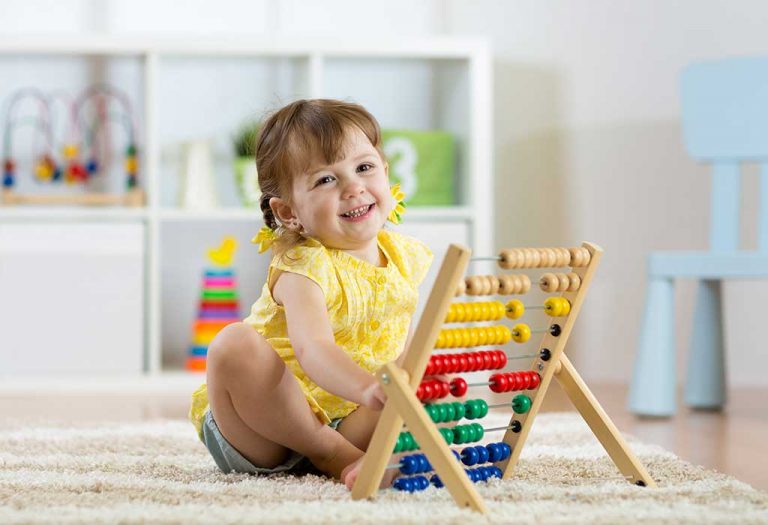
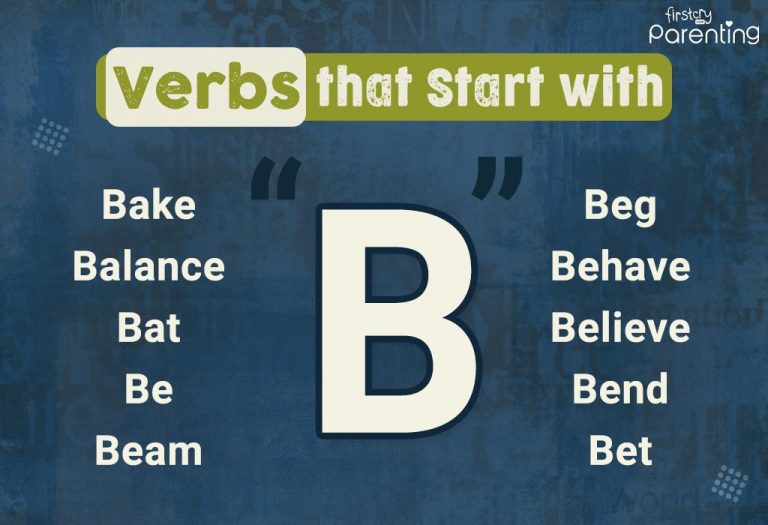
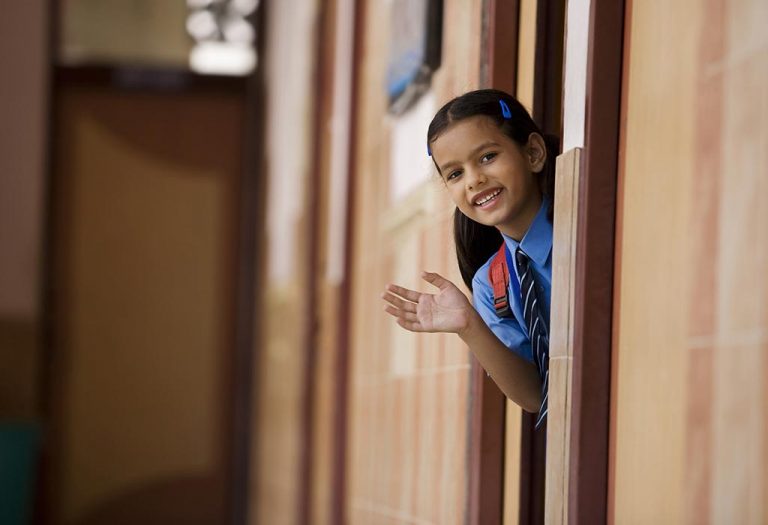


.svg)







